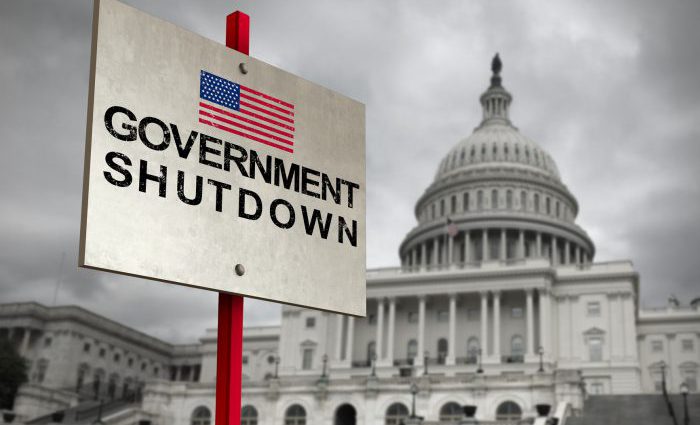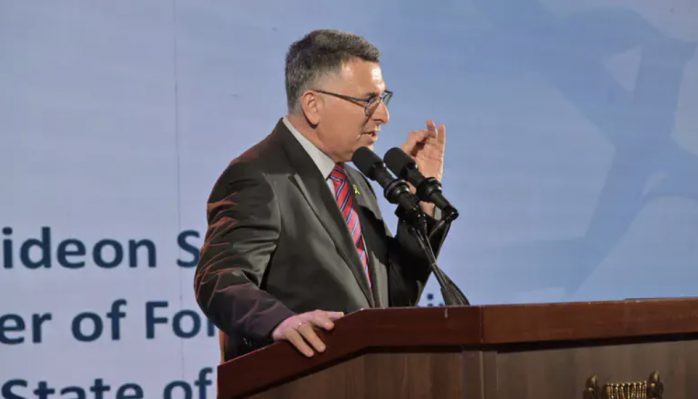As Washington battles over the budget, immigrants, visa holders, and students face delays, disruptions, and deep uncertainty in America.
Immigration Services
- USCIS (U.S. Citizenship and Immigration Services): Largely funded by application fees, so most visa and green card processing continues as normal. However, services that rely on congressional appropriations (like E-Verify) may be suspended.
- E-Verify: This system, used by employers to confirm work eligibility, is typically unavailable during shutdowns. Employers cannot run checks, which may delay hiring.
🔹 Visa Holders & Students
- Embassies & Consulates: U.S. State Department operations (like visa interviews abroad) depend on fee funding, so most continue, but delays may occur if staff are furloughed or if backlogs build up.
- F-1/J-1 Students: Programs usually remain active, but SEVP (Student and Exchange Visitor Program) response times may be slower.
🔹 Work & Travel
- Work Visa Processing (H-1B, L-1, etc.): USCIS continues processing, but if other federal agencies (like the Department of Labor for labor certifications) are affected, delays may occur.
- International Travel: Airports and border checkpoints remain open (as they are considered critical), but expect longer lines due to staff shortages.
🔹 Immigration Courts
- EOIR (Immigration Courts): Non-detained cases are typically postponed during a shutdown. Detained cases (for individuals in ICE custody) continue.
✅ Bottom Line:
- If you’re applying for or renewing visas/green cards through USCIS, most services still run.
- Court hearings for non-detained immigrants may be rescheduled, creating longer backlogs.
- Hiring delays may occur due to the E-Verify suspension.
- Travel remains open, though processing may slow down.





